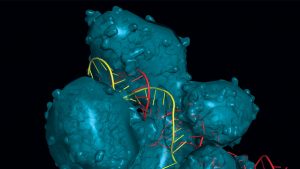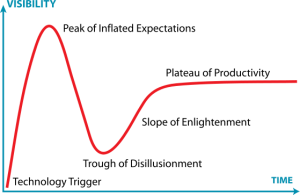Recall the most recent technological or scientific breakthrough that you were hyped about – a new Apple product, SpaceX, coffee mugs that charge your phone, or one of the other innumerable findings in the realm of science. How long did the excitement last before – and after- the slated release of the technology you have in mind? When it finally arrived were you satisfied, let down, or left somewhere in between?
In the field of genetics, a new approach which utilizes the CRISPR (pronounced as crisper) mechanism to edit the genomic DNA of a target host holds great potential and is seen as the next “big thing”. CRISPR and its associated genes (cas) are part of an immune system used by prokaryotes to identify and degrade foreign DNA. Geneticists have modified the CRISPR/cas system to help them accomplish amazing feats. Compared to previous methods of genetic modification, CRISPR/cas is far more streamlined and efficient.
The CRISPR/cas mechanism has seen numerous applications in fields ranging from botany, pathology, and even oncology. CRISPR/cas has also proven to be able to restore the non-functional gene which leads to sickle cell anemia.
The hype behind this emerging technology should be kept in check, however, as CRISPR/cas is not a magic bullet. Though its potential seems limitless, it does have technical limitations. Furthermore, an international consortium on stem cells, ethics, and law known as The Hinxton Group has released a statement warning about the potential dangers of unfettered application of CRISPR/cas to biomedical research.
We know that the media and the scientific community both love to get excited over new and upcoming technologies, and the hype for CRISPR is no different. As potential consumers and beneficiaries of CRISPR/cas mediated treatments, we like to hear about the wonders of this emergent technology. However, as scientists and communicators, we ultimately have to be careful that we do not lead ourselves and our target audience through the hype cycle. Over promising and underperforming is a hallmark of bad science, and is something we should strive to avoid.


